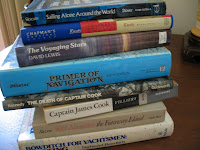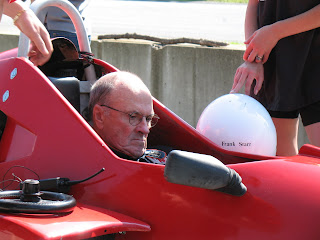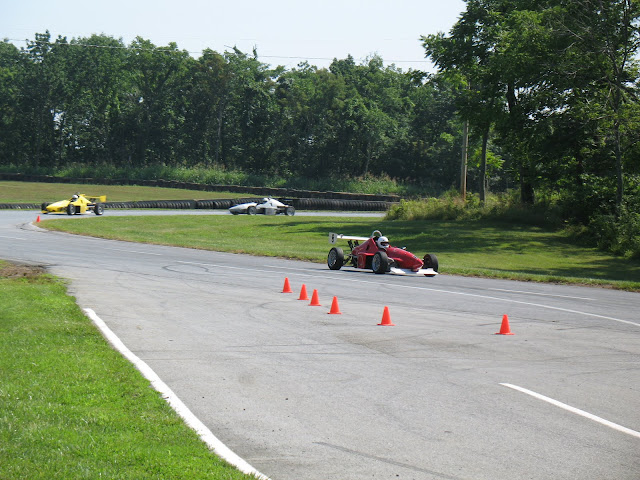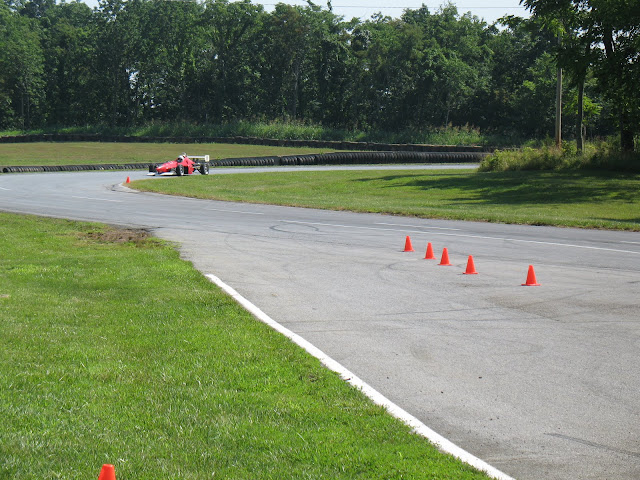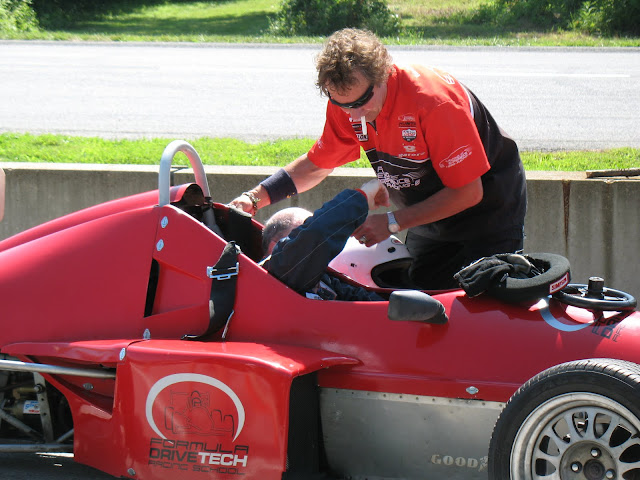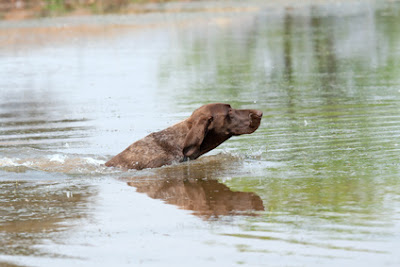This was not your usual Chesapeake Bay thunderstorm. Not by a country mile. At first glance I thought tornado. But the experts were right; there was no rotation. Everything that fell—century-old trees, halves of trees, big limbs—everything fell eastward. The west side of our house looked sandblasted, with less paint but a new coat of leaves. The other three sides were untouched. It looked like the straight-line winds of a microburst.
The result was devastation to trees. Throughout our little village big trees came thudding down. One neighbor lost six including a solid willow oak some 150 years old that took several others with it. The workers said a piece of its trunk weighed 26,000 pounds. A grand old maple at the corner of our lane left a stump the size of a card table. Miraculously there was no report of personal injury or damage to dwellings, though a few outbuildings were damaged.
We found three bird nests and several dead birds the next day as we picked up leaves and branches in the yard. Our resident ospreys seem to have weathered the storm well in their nest on the navigation light; Ma and Pa and one or two chicks were visible there. The osprey nest on my neighbor’s dock looked smaller than before, but the adults were still on it and I saw what I believe was a chick. But the character of our bucolic tree-shaded village has changed. Now it looks undressed and exposed to the merciless sun.
It all happened without warning during the Friday cocktail hour. A local weather station that records conditions every five minutes showed a 5-mph gust and then dead calm at 7:24 pm. The next five-minute record, at 7:29 pm, showed both sustained wind and gust speeds at 70 mph. There the record stopped suddenly and didn’t resume until 11:30 the next morning when the power came back. (Oddly, the Friday record read 40 mph when I checked it today.)
I suspect that the actual top wind speed was higher. Neighbors who experienced it—we did not—agreed that it was closer to 100 mph, and I believe them. It may have been still rising when the power failed.
One neighbor said she heard a heavy thump-thump—“It sounded like a giant walking the earth.”—of big trees broken off or ripped up by their roots.
Once there was an old silver maple with a big hole in the trunk and an imaginary resident owl that stared out with ghostly aspect at the end of a neighbor’s lane at twilight. We called it the Harry Potter tree. It was removed more than a year ago revealing a picturesque young pine tree. Now the pine tree is broken in half.
 The healthy and shapely young persimmon tree that shaded the south side of our house became a misshapen snag, the top half of it stuck into our screen porch.
The healthy and shapely young persimmon tree that shaded the south side of our house became a misshapen snag, the top half of it stuck into our screen porch. I’m convinced there’s a lesson in this storm, a pattern developing. A damaging wind of a somewhat less ferocity blew two venerable Adirondack chairs far into the cove last summer. Two years ago the village became impassable under several feet of snow from two blizzards in the same week. Tides are consistently higher than they were two or three years ago. High tides routinely wash the bottom of the docks and cover riprap, and low tides no longer reveal the mud. As recently as five years ago water washing the under side of docks was rare, the result of an unusual storm or days of strong southerly wind.
Climate scientists suggest we’re in for an period of more extreme weather, and it looks to me like it has begun.





